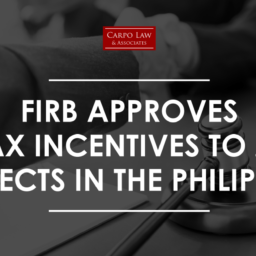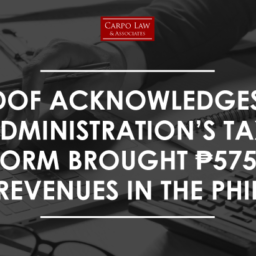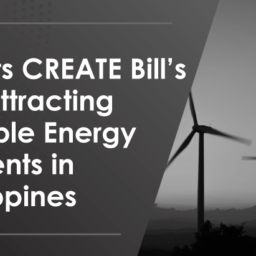
Digital and Traditional Firms in the Philippines Now in The Same League With Online VAT
Finance Secretary Benjamin Diokno praised the third reading passage of the bill related to imposing the value-added tax (VAT) on digital transactions, stating that this would equalize the fairness between traditional and new businesses.
Diokno stated that House Bill (HB) No. 4122, entitled Imposing Value-Added Tax on Digital Transactions in the Philippines, would build fairness for businesses that could not transform to digital.
Diokno noted, “It is only right that we allow our businesses to operate on even ground, and this bill rightfully clarifies which digital services to tax.”
In addition, he mentioned, “It is not fair to only tax traditional businesses like restaurants and retail stores, and not tax online platforms like Netflix.”
The bill described digital services as any service delivered or subscribed to over the internet or other electronic networks.
Those services are unable to be acquired without the use of information technology, and the delivery of those kinds of services may be automated.
Meanwhile, digital service providers are those who provide digital services or goods to a buyer. This can be done by operating an online platform whose sole purpose is buying and selling goods and services or by making transactions through digital services on behalf of any person.
Diokno cited that HB 4122 does not demand new taxes but clarifies the imposition of VAT on digital services like digital advertising, subscription-based, and other services using information communication technology-enabled infrastructure.
However, the exemption includes educational services such as online courses and webinars made by accredited private education.
According to the Department of Finance, imposing the 12% VAT on online advertisement and digital services providers, as well as the supply of other electronic and online services, would generate an additional ₱13.2 billion in revenues annually.





